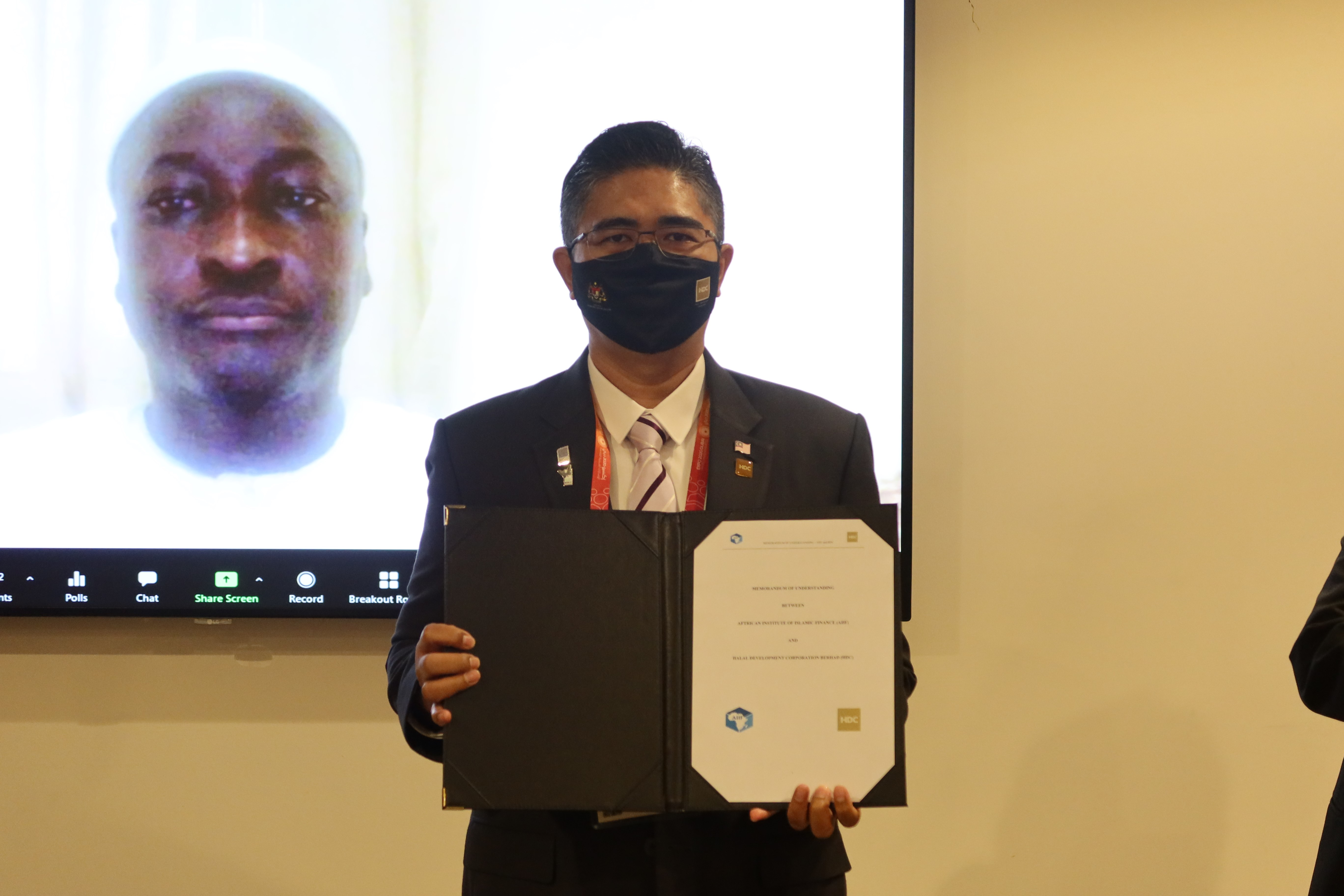Islamic Finance Roundtable deliberates on ‘public good’
The Securities Commission Malaysia (SC) and the Oxford Centre for Islamic Studies (OCIS) – a recognized independent centre of the University of Oxford, convened a two-day closed-door Roundtable on Islamic Finance at Ditchley Park, Oxfordshire on 12 and 13 March 2011.
The Roundtable is part of a collaboration between the SC and the OCIS that began two years ago. The inaugural Roundtable and Forum were held on the 15 and 16 March of 2010, respectively, in Kuala Lumpur. The objective of the collaboration is to facilitate a more informed debate and greater levels of research on topical Islamic Finance issues.
Under the theme “Islamic Finance and the Public Good”, a select group of key industry practitioners, senior academicians, Shariah scholars, standard setters and regulators from around the world came together to discuss three topics, namely “Shariah, Finance and the Public Good”; “Shariah, Recourse to Law and Enforceability of Financial Contracts”; and “Creating an Enabling Corporate Structure for Islamic and Ethical Finance”.
“Public good is one concept that is common to both conventional and Islamic finance. The values advocated by the Shariah are not only confined to the detailed technical aspects of transactions, but also in the extent to which the objectives of the Shariah are achieved. If every aspect of Islamic finance were to be subject to a public good test, arguably no negative repercussion could ever arise. Likewise, if all conventional financial products were subjected to a public good test, the catastrophic effects of the recent crisis could have been avoided; and finance would serve its rightful purpose ? as an engine that drives and supports the real economy”, said HRH Dr Raja Nazrin Shah, Crown Prince of Perak and Financial Ambassador to the Malaysia International Islamic Financial Centre, who officiated the Roundtable.
According to Tan Sri Zarinah Anwar, Chairman of the SC, “the virtues of Islamic finance need to be unlocked further. Public good, ethics, shared values, governance, real and tangible contributions to the economy hold the key to innovation and growth. Profits involving a higher social purpose and objective represent values that will create not just economic returns, but also comply with universal ethical standards. Putting all these in place will strengthen the universality and acceptability of Islamic finance, enabling it to offer a distinctive value proposition.”
In recognition of the successful outcome of this Roundtable, the Director of OCIS, Dr Farhan Nizami in his closing remarks announced that OCIS will accommodate a scholar-in-residence on a regular basis to encourage the continued research and development endeavours much emphasised by the participants of the Roundtable. This will facilitate future interactions and communication between the various stakeholders in Islamic finance.
In conjunction with the 2nd Roundtable, a pre-event networking dinner was held in London attended by 150 influential members of the international Islamic Finance community. The dinner was also graced by HRH Raja Nazrin Shah who delivered a special address.



